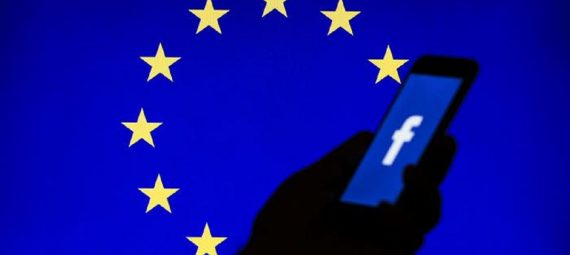JAFAR HASAN
After centuries of human struggle to obtain the right of individuals to express their opinions, which was effectively achieved beginning in the second half of the twentieth century, everyone expected that the technological revolution would contribute to strengthening this right.
But what actually happened is that this technological revolution has produced websites and applications that are managed according to the whims of their owners who set these websites and applications laws individually, as the rulers did in the theocratic countries in ancient times.
Facebook, as a clear example of this dictatorship, sets standards that are not commensurate with freedom of expression as we know it in the civilized world today.
Facebook’s laws are not made by legislators who represent users, but rather are set by the owner’s own desire to serve his interests. And he alone has the right to ban any account, which is equivalent to execution in the real world, without the victim, i.e. the user, having any right to defend himself before an independent judicial committee.
This dictatorship will lead to giving preference to parties over others, which is a violation of a more important principle in civilized societies, which is the right to equality and equal opportunities.
The whole world was witness to how Facebook and the rest of social media controlled the course of events after the US elections, as these sites blocked President Donald Trump based on the will of the administration of these sites and without granting Trump any right to defend himself before an independent judicial body.
As a result, Donald Trump lost his right of expression to his opponents. It is true that I oppose everything Donald Trump represents and all his policies, but as a lawyer I believe in everyone’s right to free expression and that their voices are not silenced until after a fair trial by an independent judicial body.
All this leads us to the clear conclusion that Facebook practices a dictatorship that violates the principles of the European Union and makes the citizens and residents of the European Union subject to the will of the owners of this site and other social networking sites.
In addition to that, there is another side to the problem, no less serious, which is that the Facebook administration may allow the publication of content that contradicts the values espoused by the European Union.
What can the European Union do in the face of the dictatorship of Facebook?
The first step to solving this problem is to modify the mentality of the European legislator. They must stop viewing Facebook as just a virtual site. Facebook today is a means of transmitting information that creates public opinion.
And in this sense, it must be dealt with seriously as it is dealt with newspapers and television channels. Accordingly, the European Union should impose on Facebook not to impose any penalties or delete any contents for citizens or residents of the European Union except after a decision issued by an independent judicial body It operates as part of the union institutions, and the citizen and resident of the European Union has the right to defend themselves before them directly or by appointing a person to represent them , as is the case in ordinary courts, and the Facebook administration must accept the decisions of this court without controversy.
In this way, the European Union will be able to protect the rights of its citizens and residents and ensure that it remains at the forefront of the regions that protect freedom of expression in the world.
Author Profile
Latest entries
Post Disclaimer
The opinions expressed by the author of this post do not necessarily represent the opinions and policies of ELfR.





